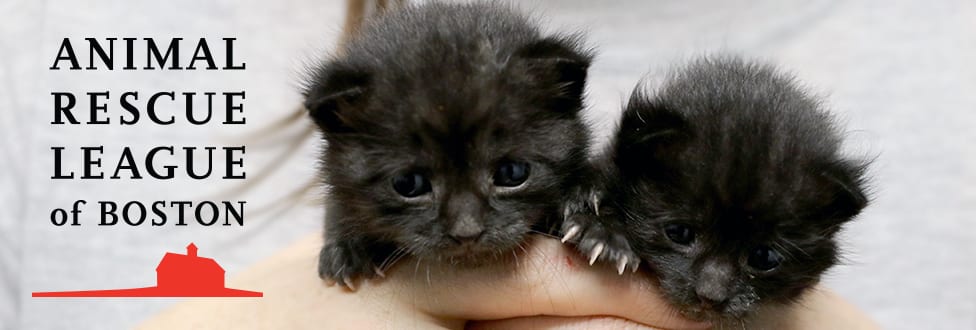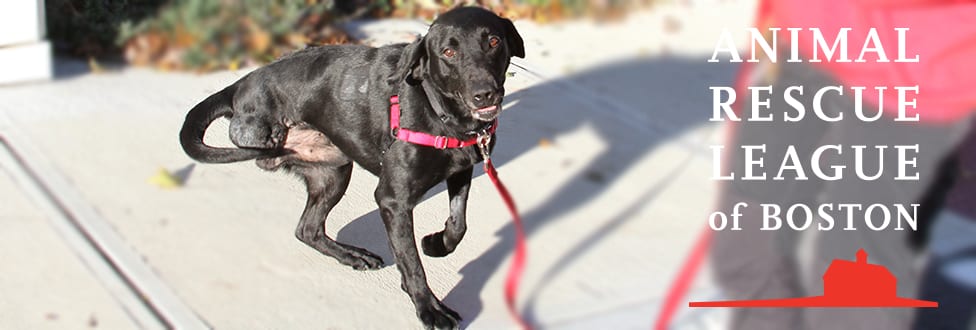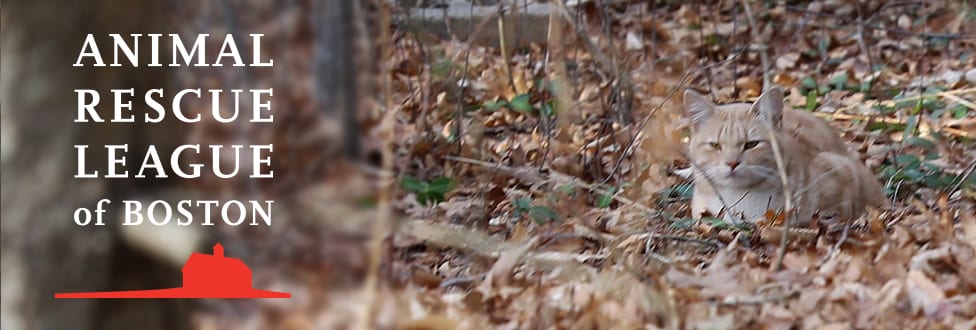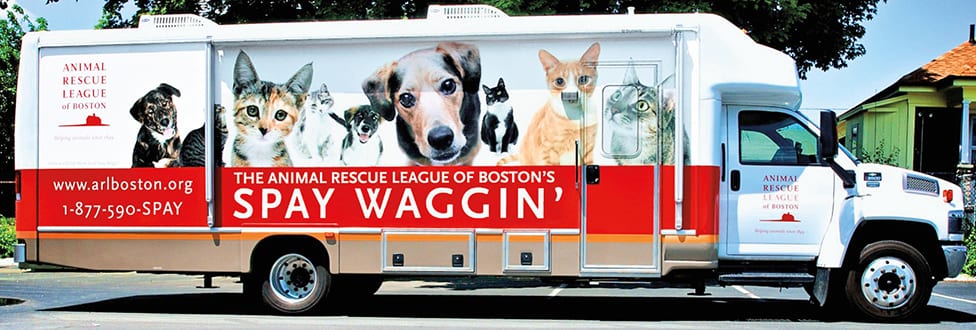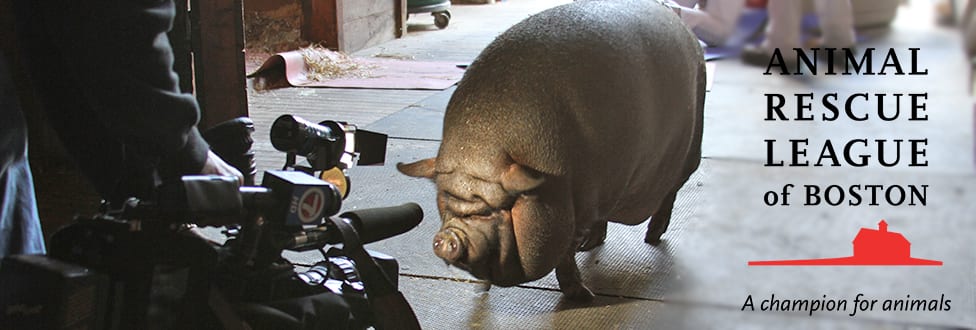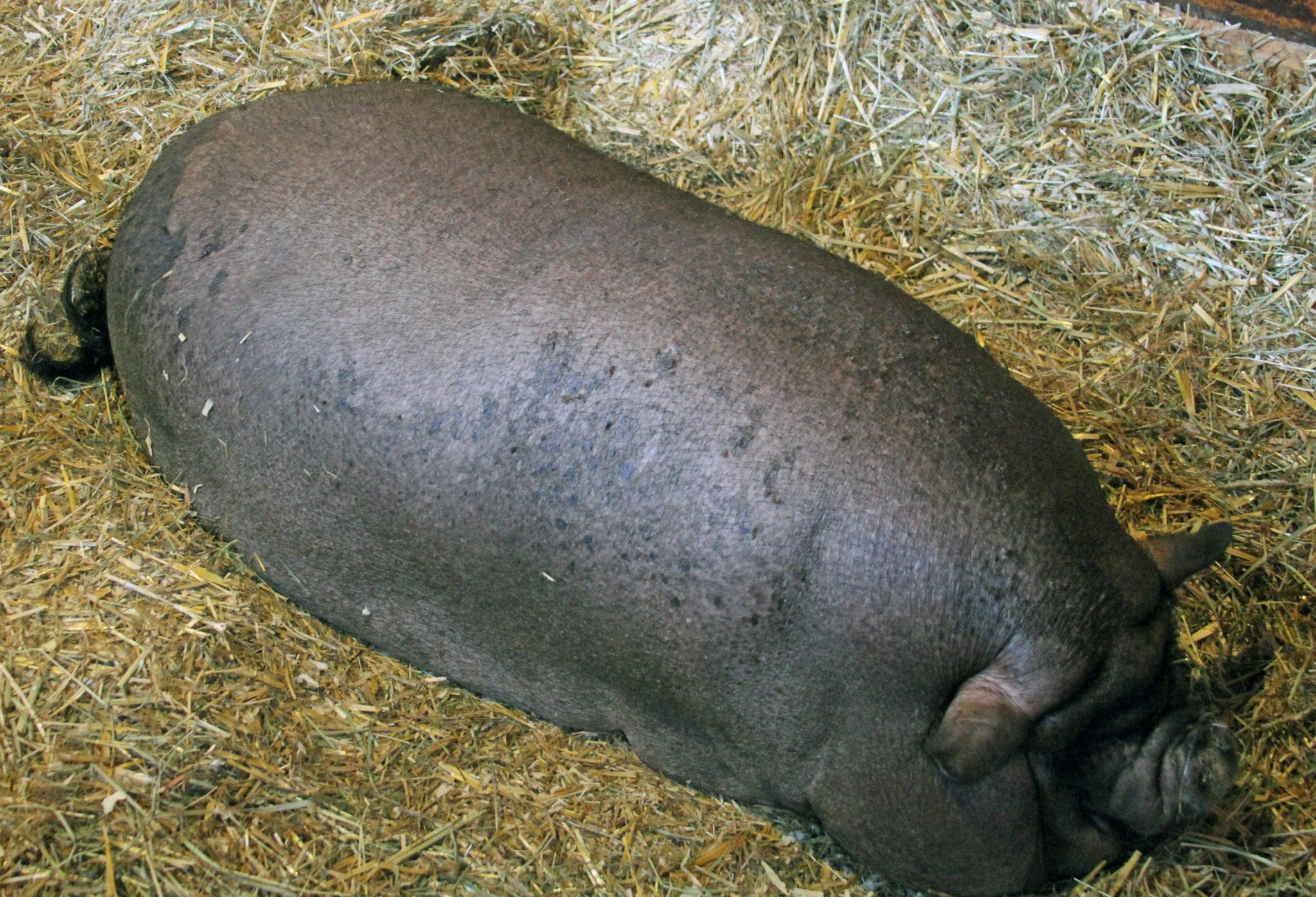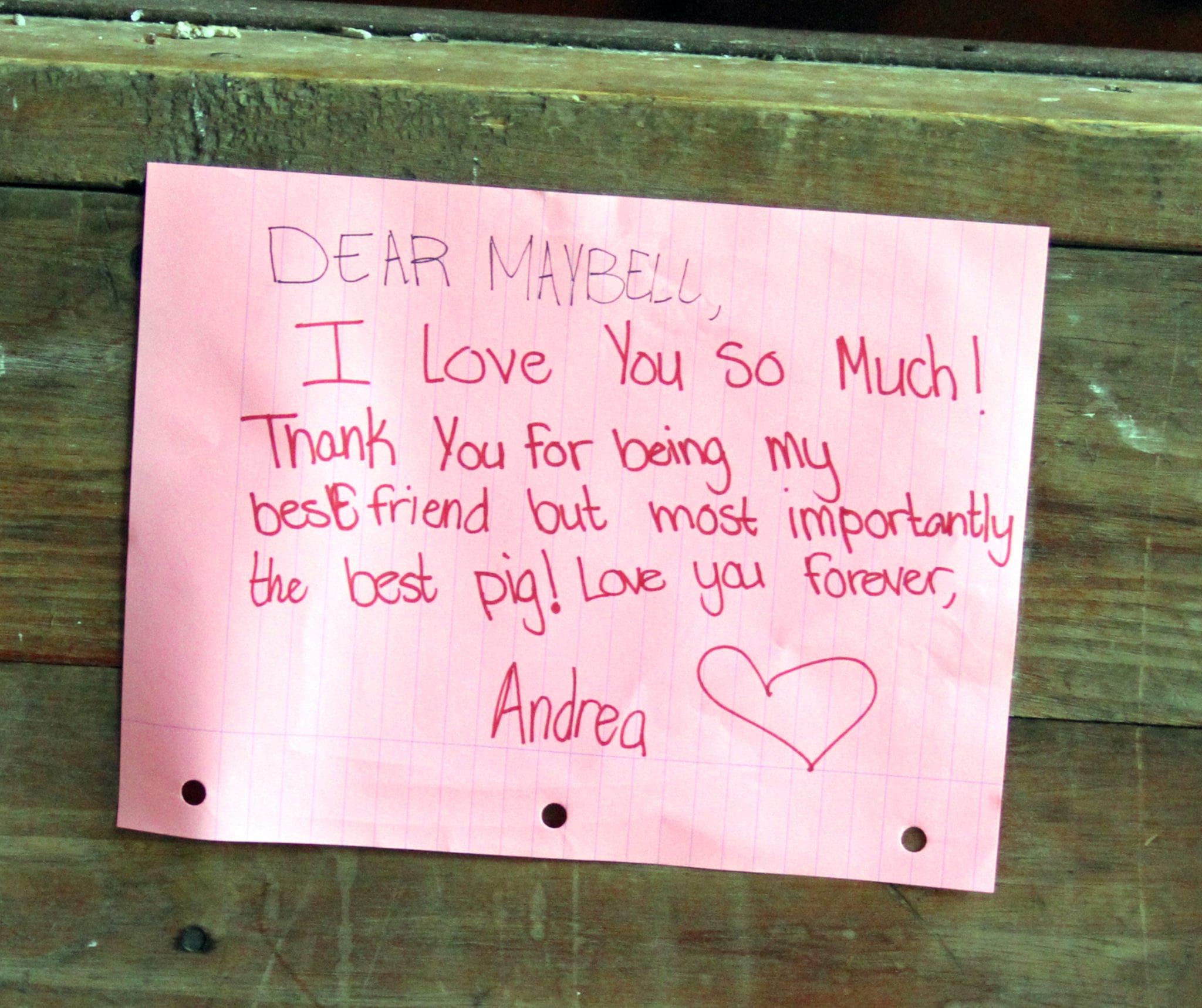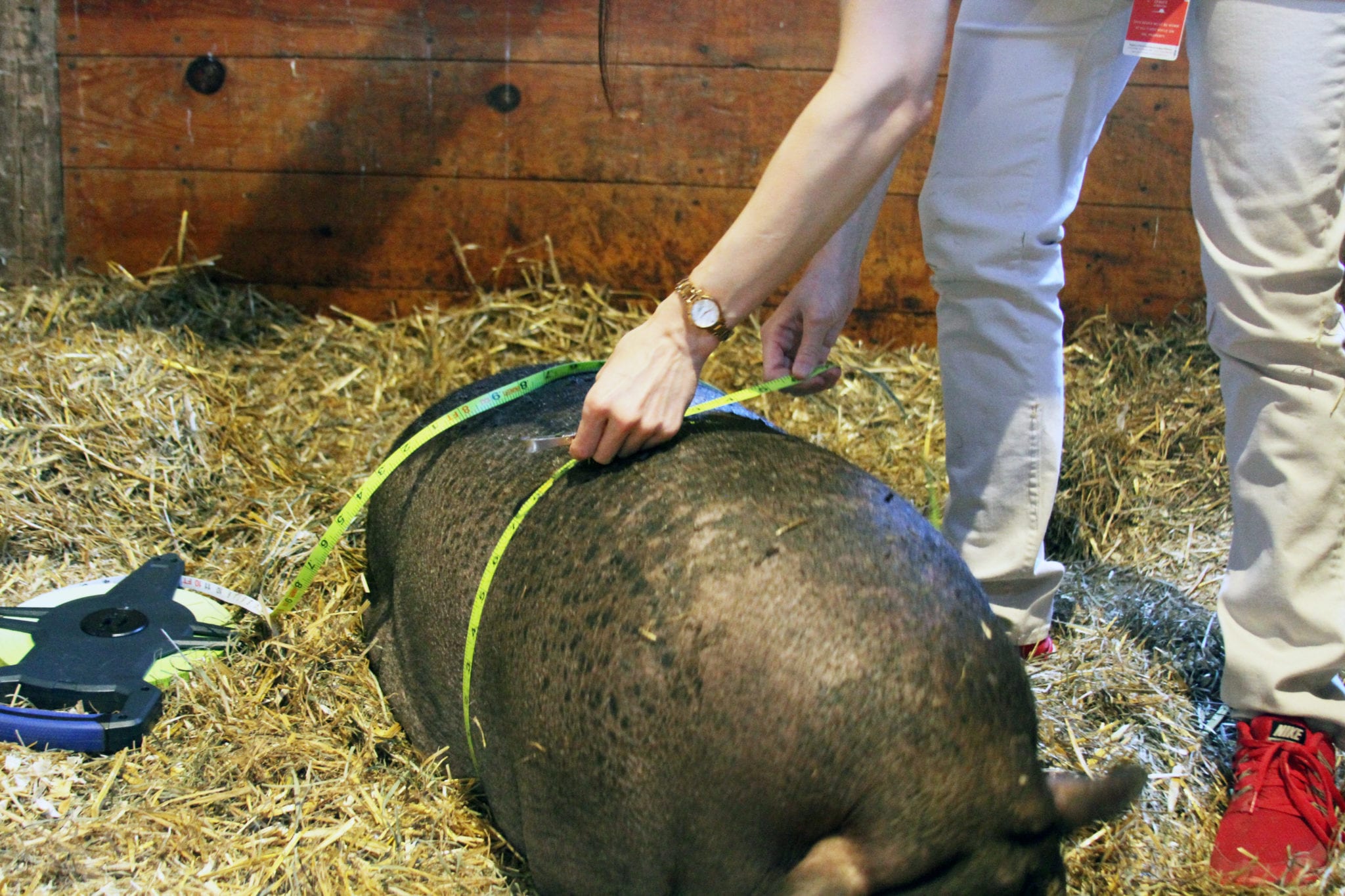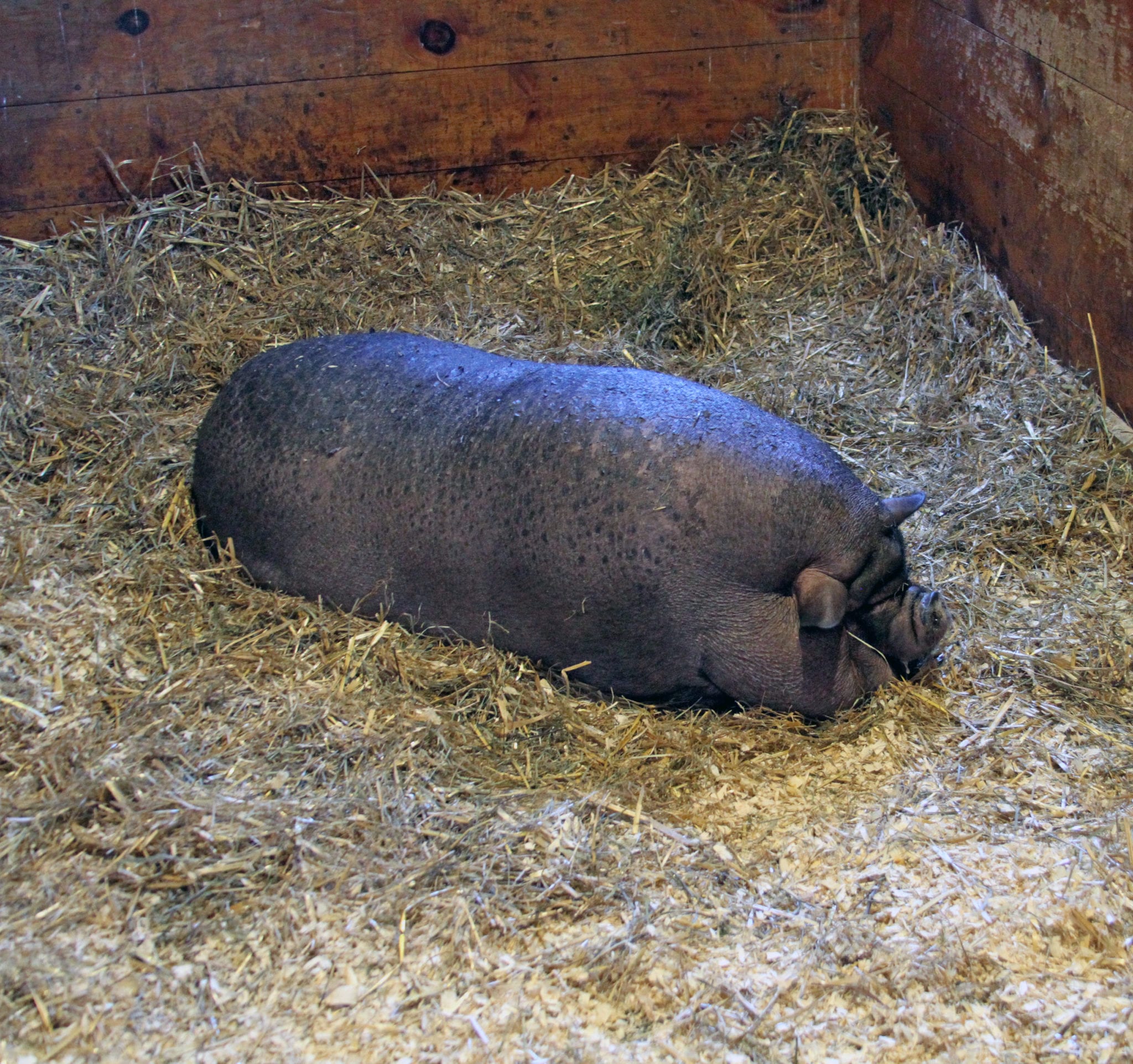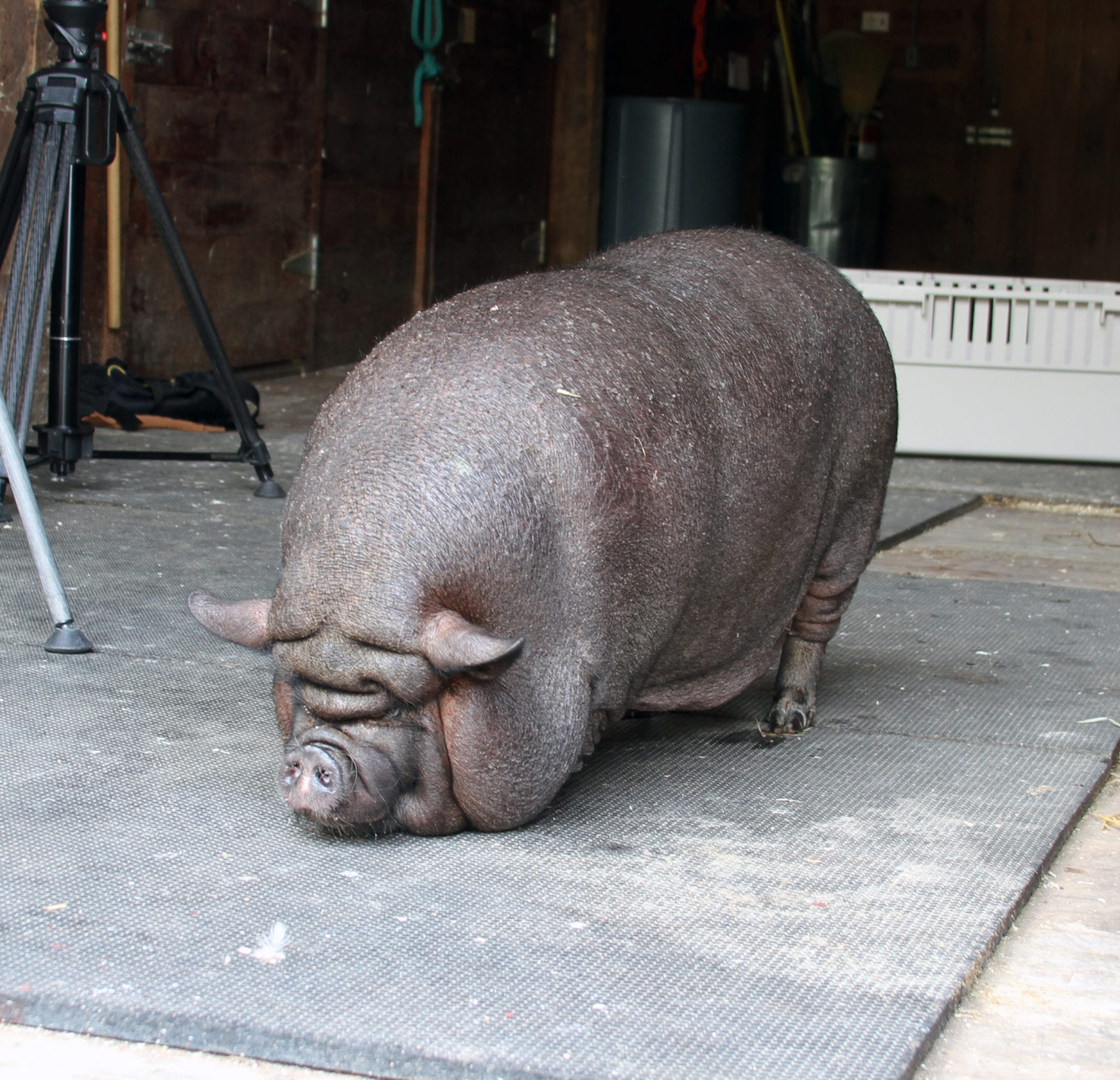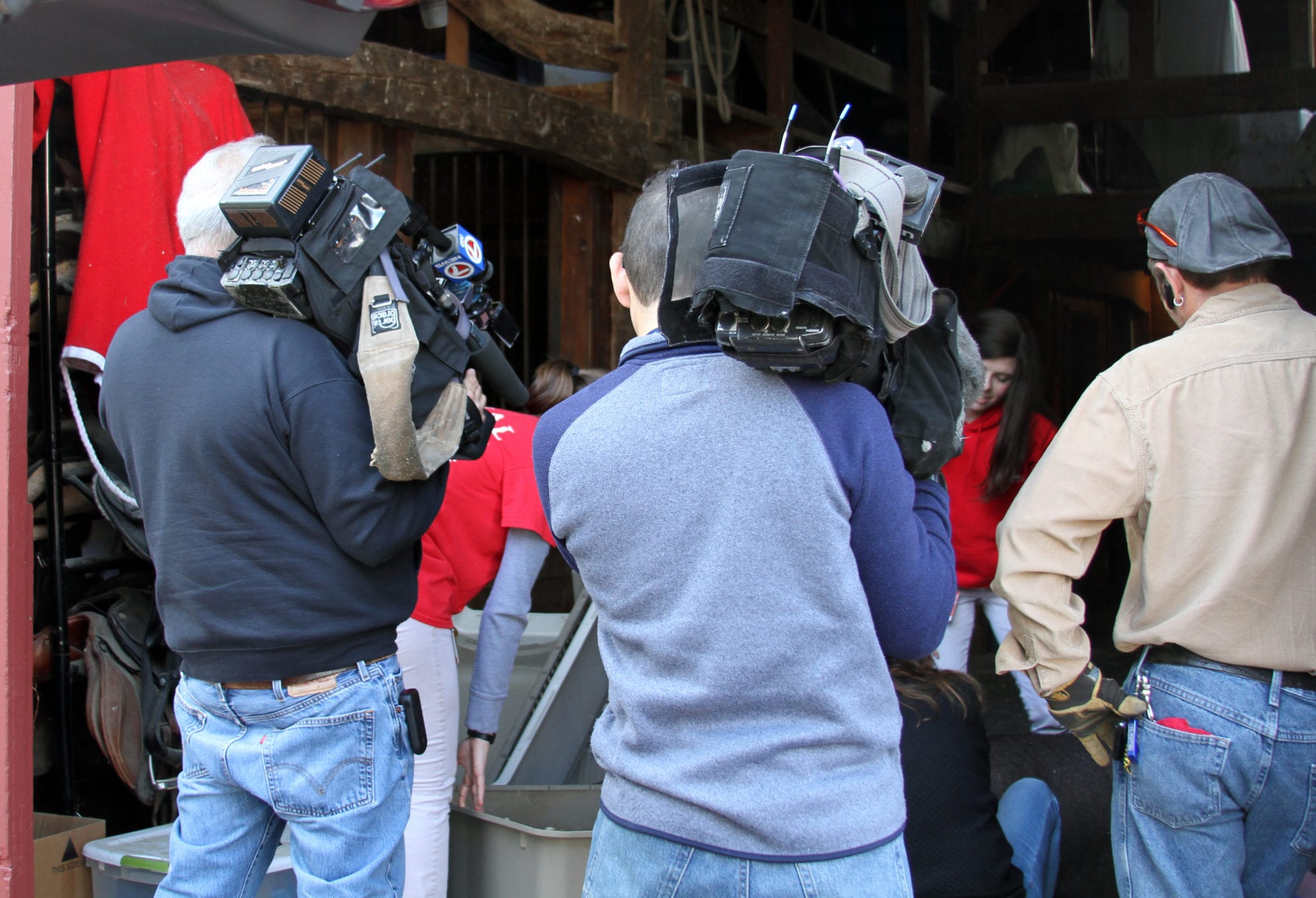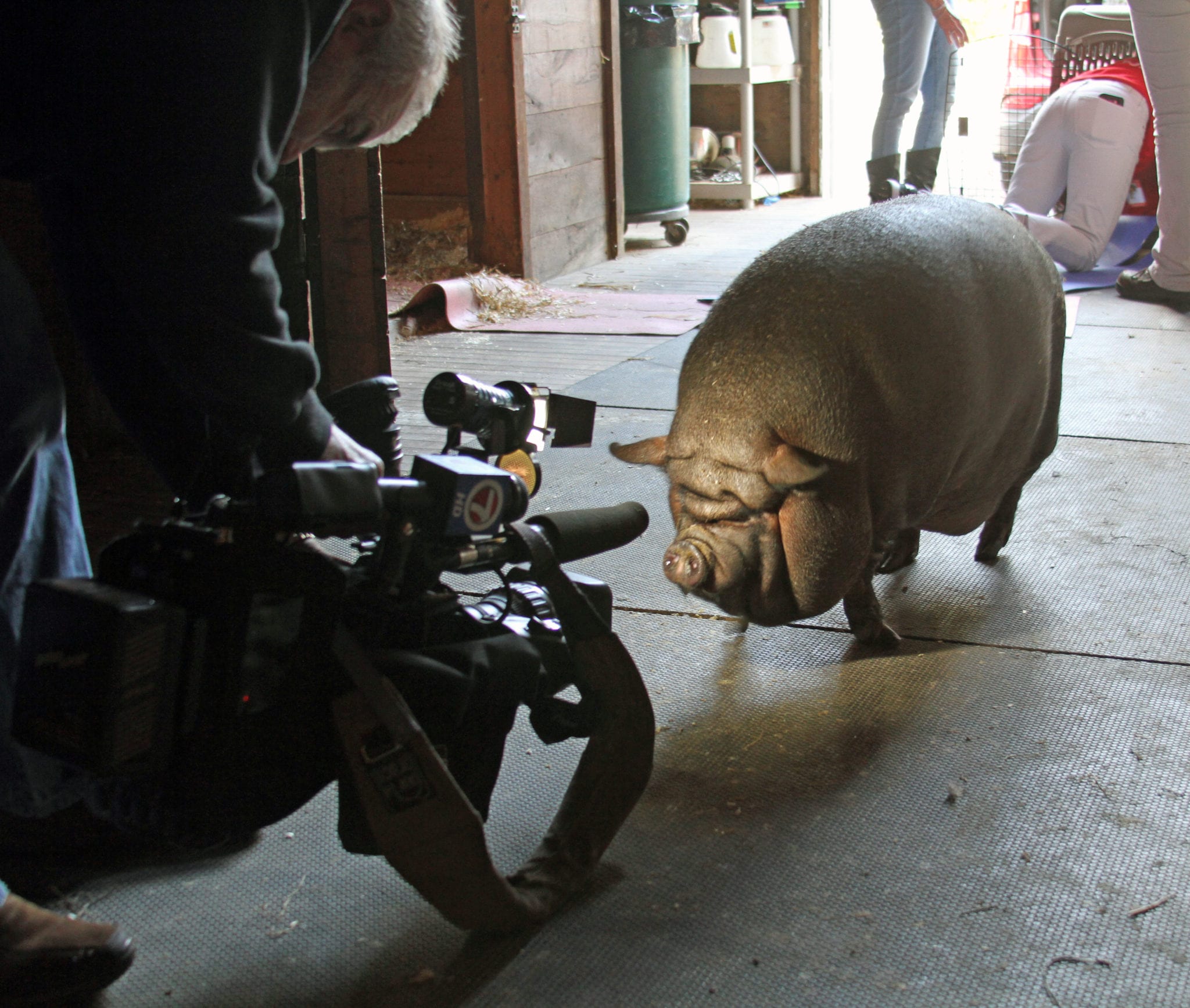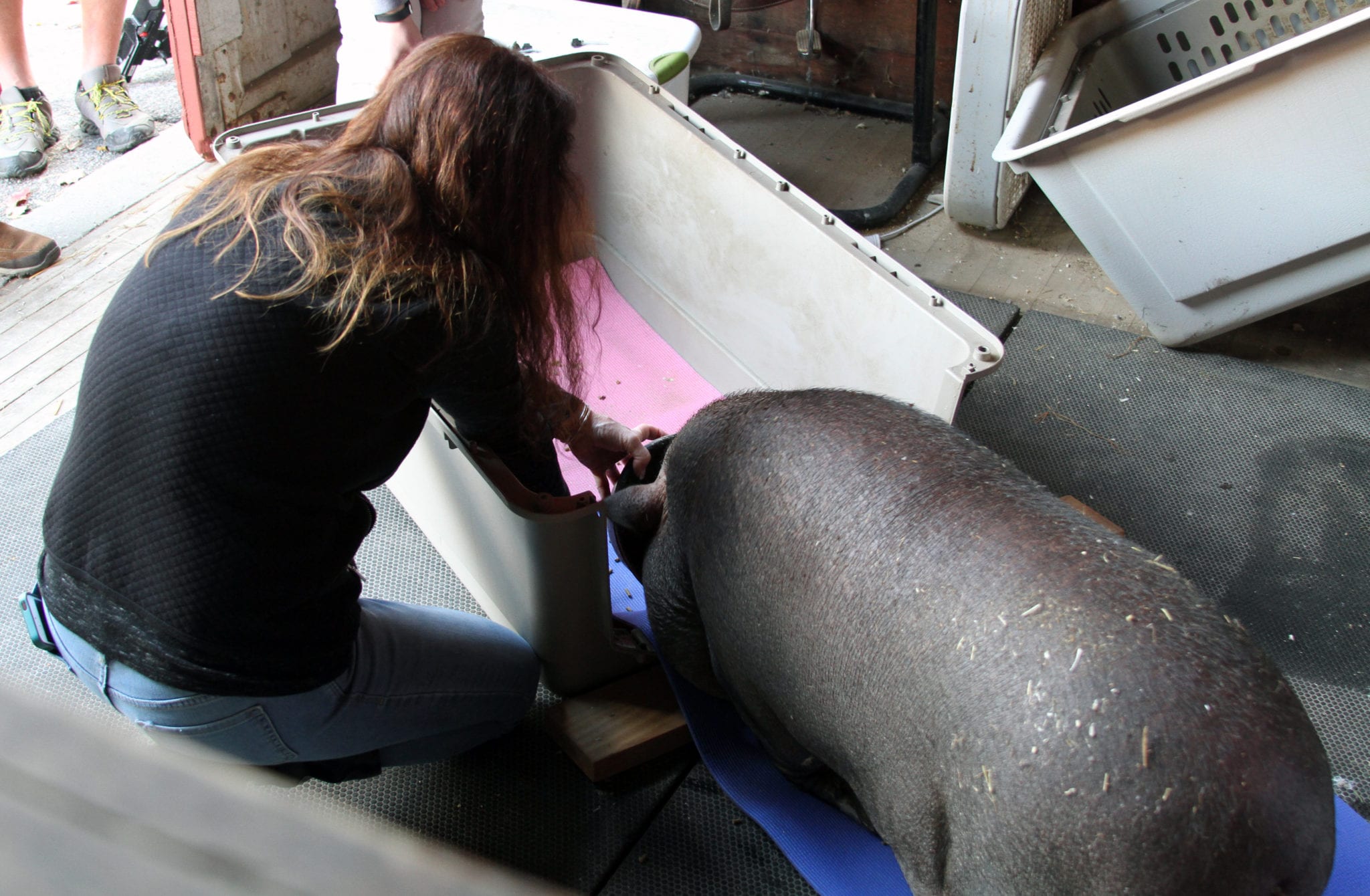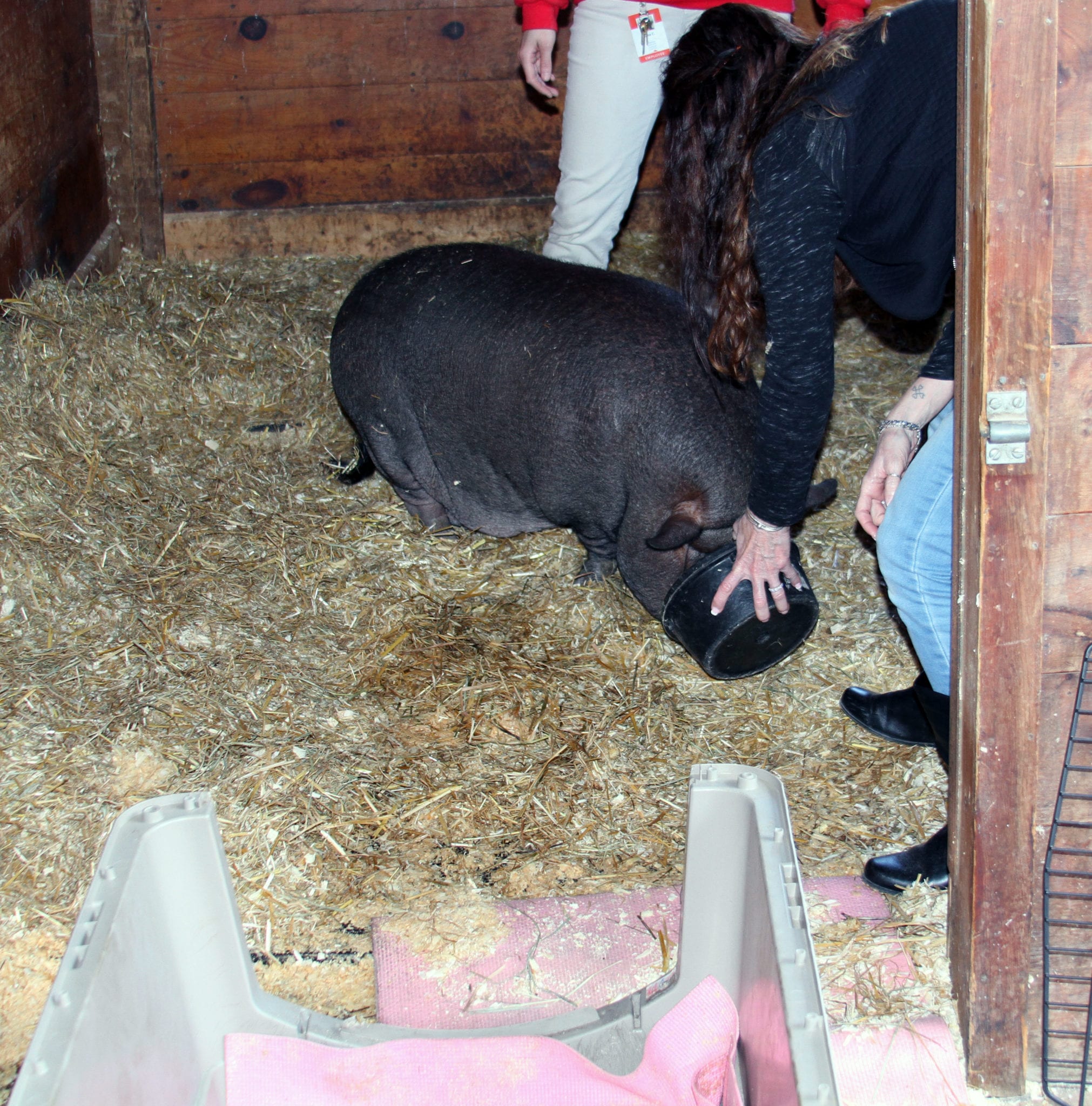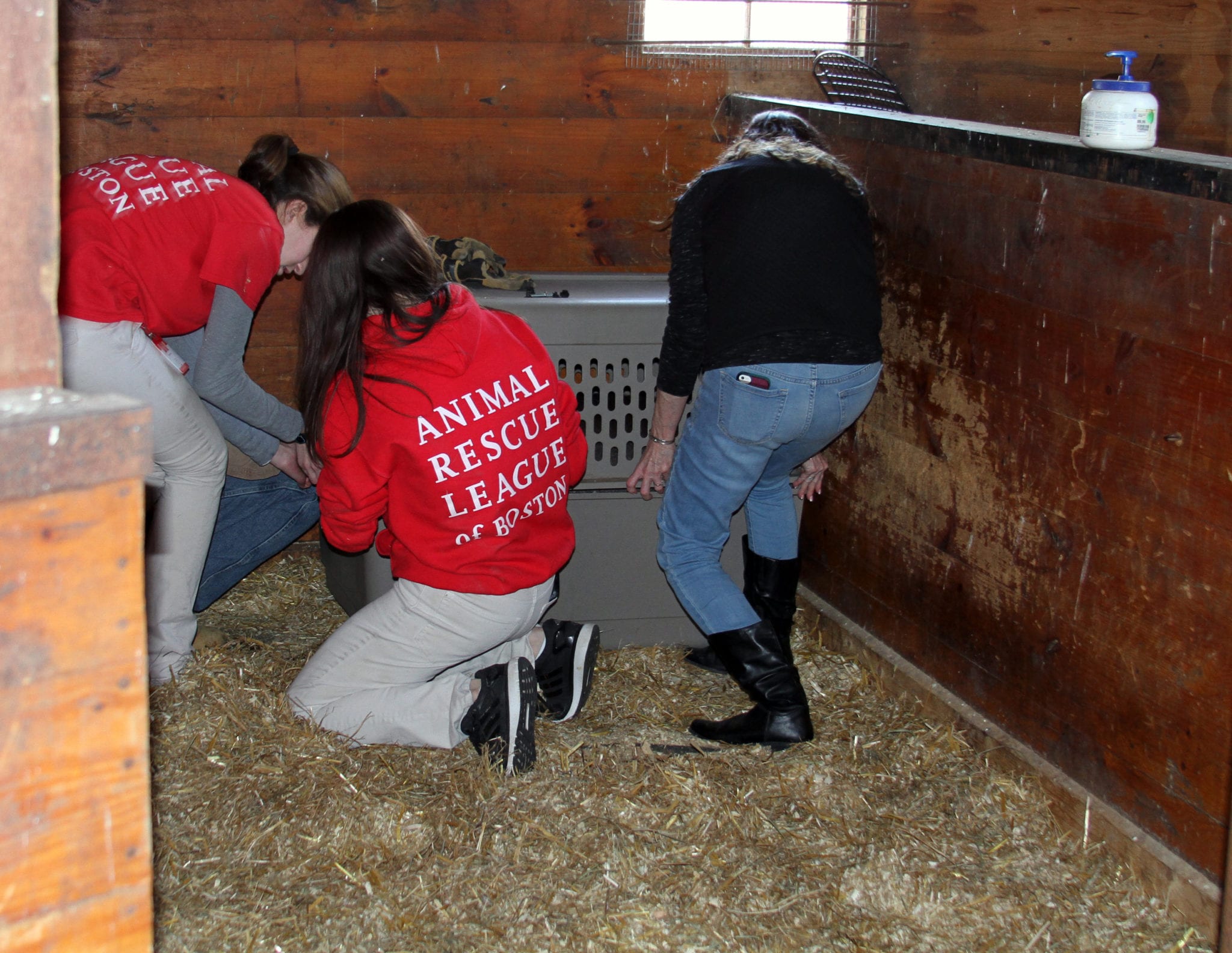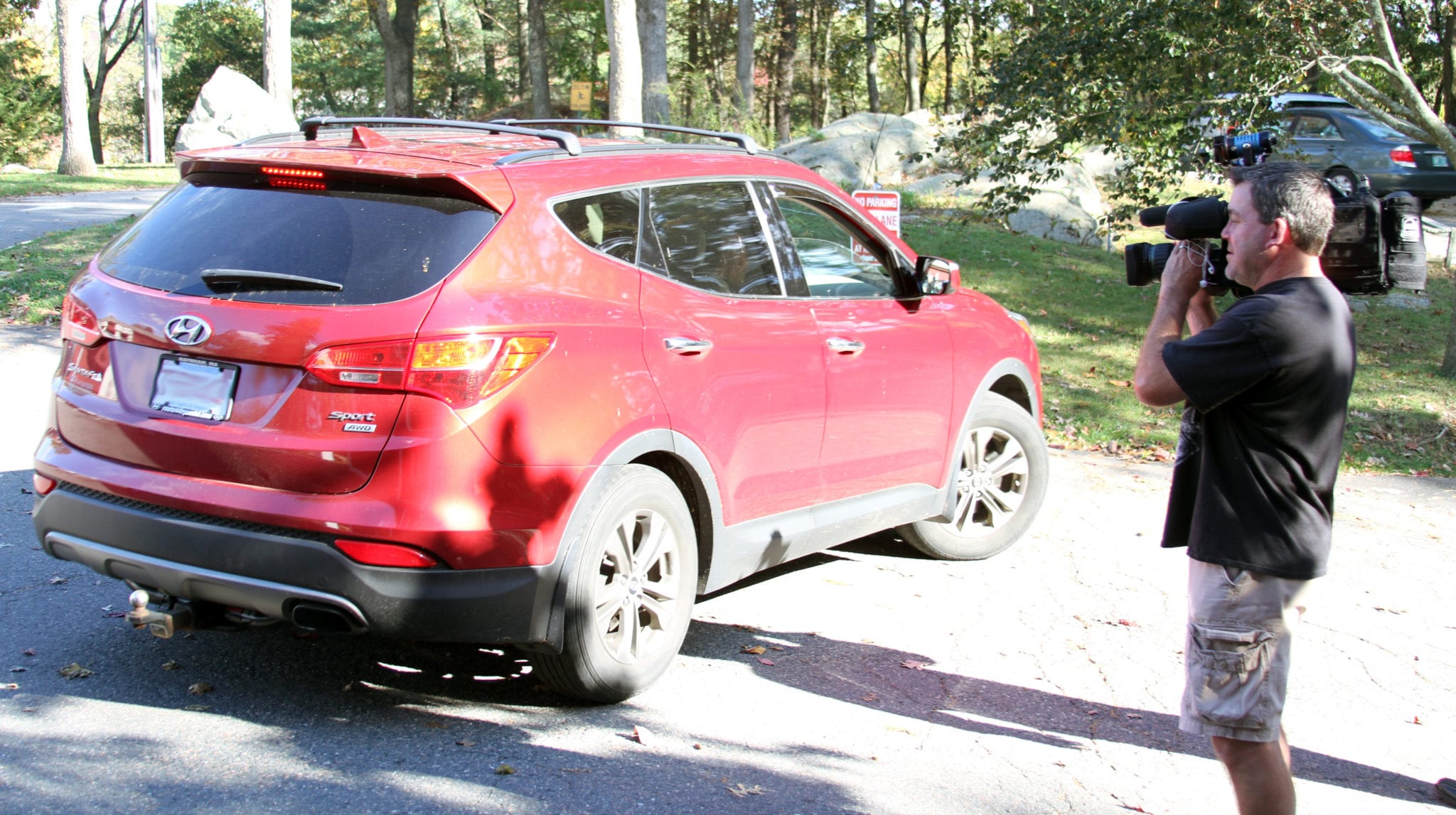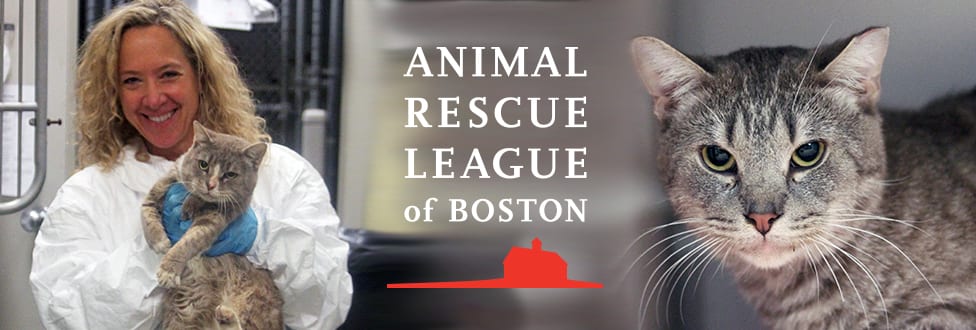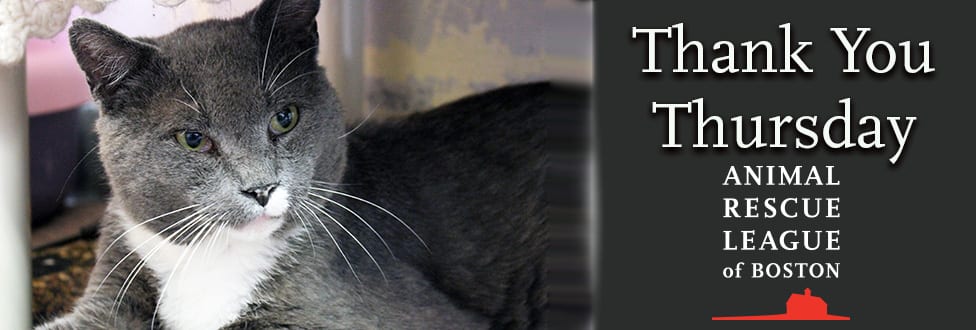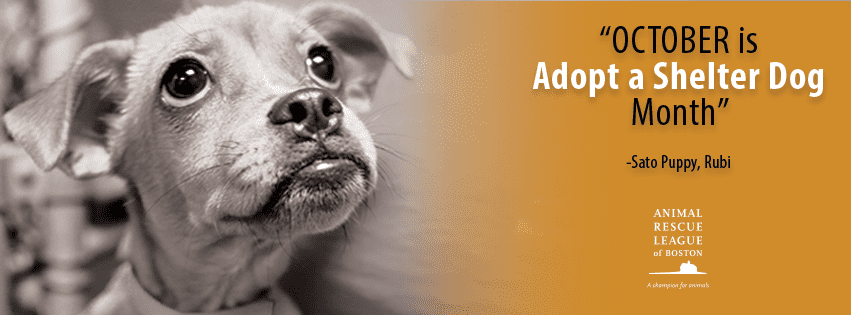Good Samaritan’s Quick Actions Saves Lives of Two Stray Kittens
ARL Shelter Staff, Volunteers Take Extraordinary Measures
This past weekend, shelter agents at ARL’s Boston Animal Care and Adoption Center received a call from a woman in Hyde Park who had found two kittens small enough to fit in the palm of her hand, but their mother and rest of the litter were nowhere to be found. Left to fend for themselves, quick action needed to be taken in order to give these kittens a chance of surviving.
ARL volunteer Stacey Coyne hopped in the car and drove to the woman’s address, and found that while the male kitten was alert, responsive and hungry, the female kitten was ice cold, lethargic and had labored breathing. The stray kittens were estimated to be about two weeks old, and with their mother abandoning them for some reason, it was a race against the clock to get them stabilized. For the ride back to the shelter, the kittens were wrapped in a blanket and placed on top of a bottle filled with warm water, in an effort to raise their body temperatures.
Once back at the shelter, the kittens continued to be warmed up, were given subcutaneous fluids, and were bottle fed with kitten milk formula. Although warming up and eating, a short time later the female kitten began to crash once again — while coordinating efforts with ARL veterinary staff, it was unclear whether she would make it through the night.
Volunteer Dedication
With the kittens needing special attention, Stacey volunteered to take them home for the night. She tended to their needs, kept a close eye on their condition, and continued to bottle-feed them. It was an all-night effort, as Stacey stayed awake with the kittens until 5 a.m.
In the 12-18 hours after being found, the condition of the female kitten vastly improved, and while not out of the woods, the little ones are on the road to recovery, and will remain in foster care for several more weeks so stay tuned for updates!!
The Importance of Fostering
Sometimes shelter animals need a little extra attention and TLC outside of the shelter environment. ARL is always looking for responsible and loving individuals willing to open their homes for animals in need — of critical need right now are volunteers to help with shy cats at ARL’s Dedham Animal Care and Adoption Center, and behaviorally-challenged dogs. Fostering depends on the animal’s needs, and can range from several days to several weeks. Additionally, our Roving Rovers program is perfect for working families and professionals. This unique foster experience allows you to take one our shelter dogs home overnight, while the shelter is closed. Get involved today!

